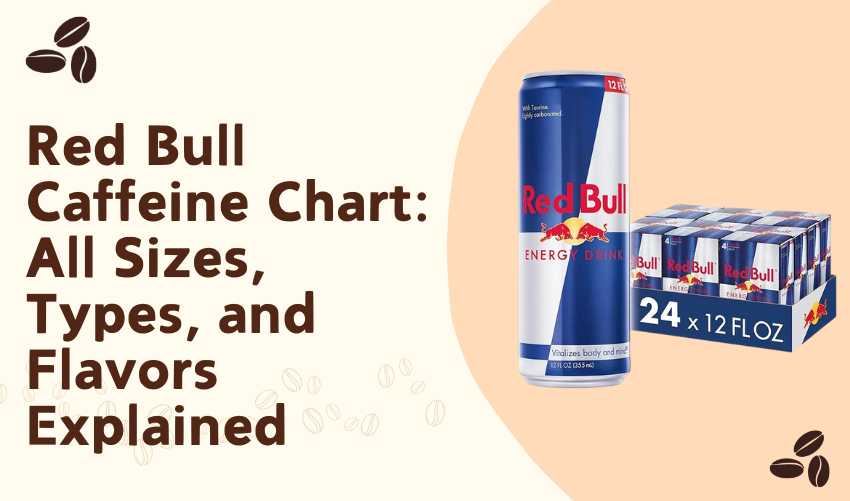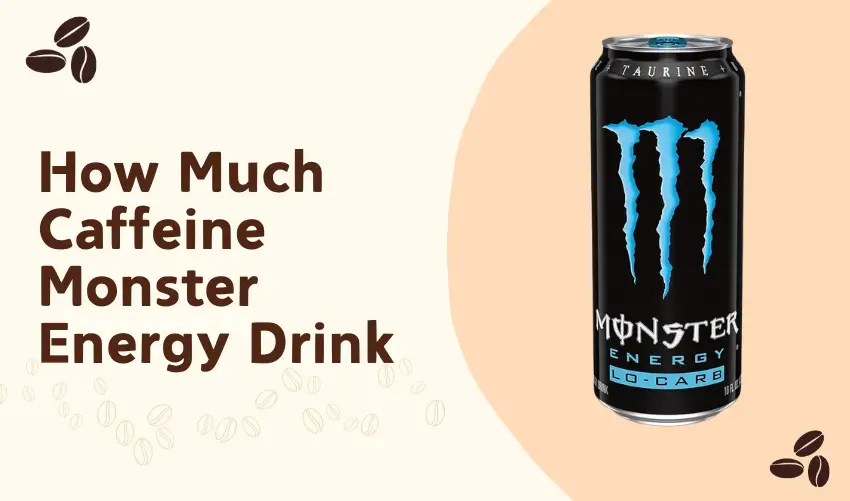What Is A Red Eye Coffee? Complete Guide & Recipe
What Is A Red Eye Coffee? It’s one of the strongest and most energizing coffee drinks loved by students, night-shift workers, and caffeine fanatics seeking an extreme boost to power through demanding tasks. This powerful beverage combines the robust foundation of drip coffee with the concentrated punch of espresso, creating a drink that delivers significantly … Read more









